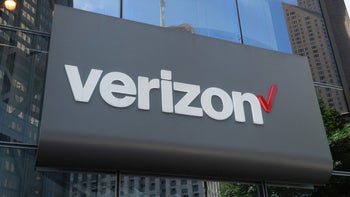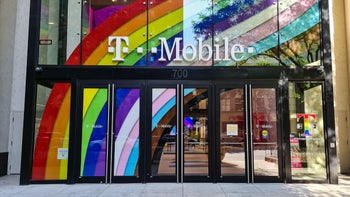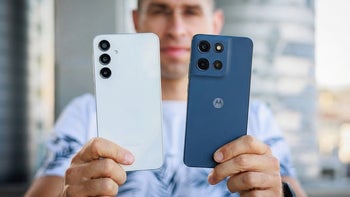Qualcomm's lawyers up the theatrics, call Apple's FRAND licensing maneuvers a "sham"

Qualcomm, as one of the companies that benefited the most from the mobile revolution, is chock full of wireless patents on various subjects, which it is no doubt eager to monetize as FRAND licences to all the other parties involved in the industry, and the fees represent a huge part of its revenue.
Perhaps that is why, when asked by ITC about its opinion on FRAND licensing offered to Apple by companies like Samsung and Motorola, Qualcomm issued a pretty condemning statement, as Cupertino just walked away from the initial offers:
Of course, Apple’s premise of ‘a willing licensee with a good-faith disagreement who wants nothing other than for a disinterested party to determine what terms are FRAND’ is itself a sham and a pretext. At the recent proceedings before Judge Crabb in the Western District of Wisconsin, Apple’s ‘willing licensee’ mask fell off, when it absolutely refused–even at the cost of having its case dismissed–to commit to take a license to Motorola’s SEP portfolio on whatever terms the court might determine to be FRAND. Having literally walked away, minutes before trial, from an opportunity for an adjudication as to whether Motorola had offered FRAND terms to Apple, Apple should be embarrassed–but apparently is not–to demand that the Commission divest itself of jurisdiction unless and until a ‘U.S. Court has determined [the relevant license terms] to be FRAND’.
If Apple is not a willing licensee, and in any event there is no risk of an exclusion order (or injunction) shutting down a truly willing licensee, what is the real agenda? It is to shelter the unwilling licensee–the infringer that, like Apple, has no interest at all in paying market-validated royalty rates. It is to ensure that SEP infringers can only be called to account under rules, and in fora, in which they may gain yardage, but can never lose.
If Apple is not a willing licensee, and in any event there is no risk of an exclusion order (or injunction) shutting down a truly willing licensee, what is the real agenda? It is to shelter the unwilling licensee–the infringer that, like Apple, has no interest at all in paying market-validated royalty rates. It is to ensure that SEP infringers can only be called to account under rules, and in fora, in which they may gain yardage, but can never lose.
"Sham", "mask fell off", "should be embarrassed" - quite the strong wording for something as mundane as FRAND licensing fees. Qualcomm's own standard-essential patents (SEP) portfolio is huge, and Apple is using its baseband radios inside iPhones and iPads, hence its lawyers are apparently eager to nudge the licensing ship into higher SEP fees, so the patent rollercoaster has another upset passenger for the ride now.
source: FOSSPatents
Follow us on Google News














Things that are NOT allowed:
To help keep our community safe and free from spam, we apply temporary limits to newly created accounts: